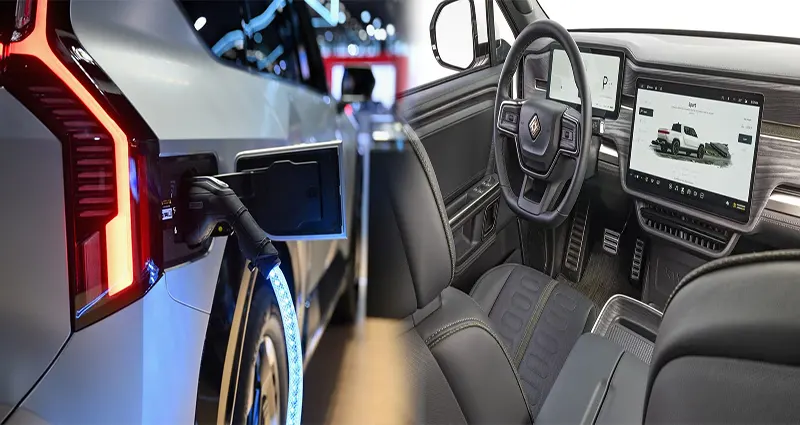Electric Car Rentals for Eco-Friendly Travel: A Sustainable Choice for Your Next Trip
As the world becomes more conscious of the environmental impact of traditional gas-powered vehicles, many travelers are seeking sustainable alternatives for their trips. Electric car rentals for eco-friendly travel have emerged as a popular and responsible option for those looking to reduce their carbon footprint while enjoying the convenience of modern transportation. Renting an electric car not only helps minimize air pollution but also offers a quiet, smooth, and efficient driving experience. In this article, we’ll explore the benefits of choosing electric car rentals for your next eco-friendly adventure.
Why Choose Electric Car Rentals for Eco-Friendly Travel?
- Lower Carbon Footprint
One of the biggest advantages of renting an electric car is the reduction in greenhouse gas emissions. Traditional gasoline-powered cars release carbon dioxide (CO2) and other pollutants into the atmosphere, contributing to climate change and poor air quality. Electric cars, on the other hand, produce zero tailpipe emissions, making them













